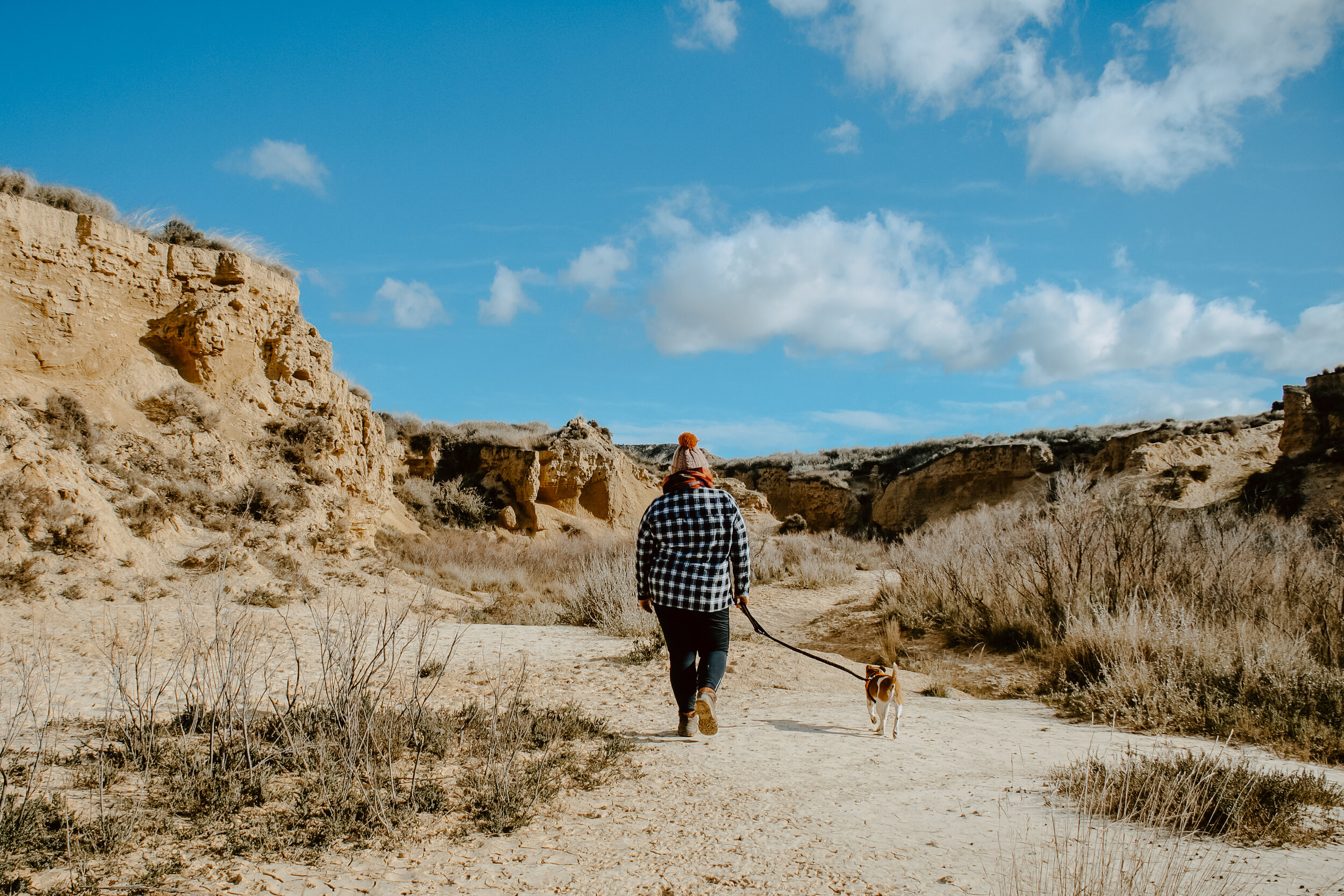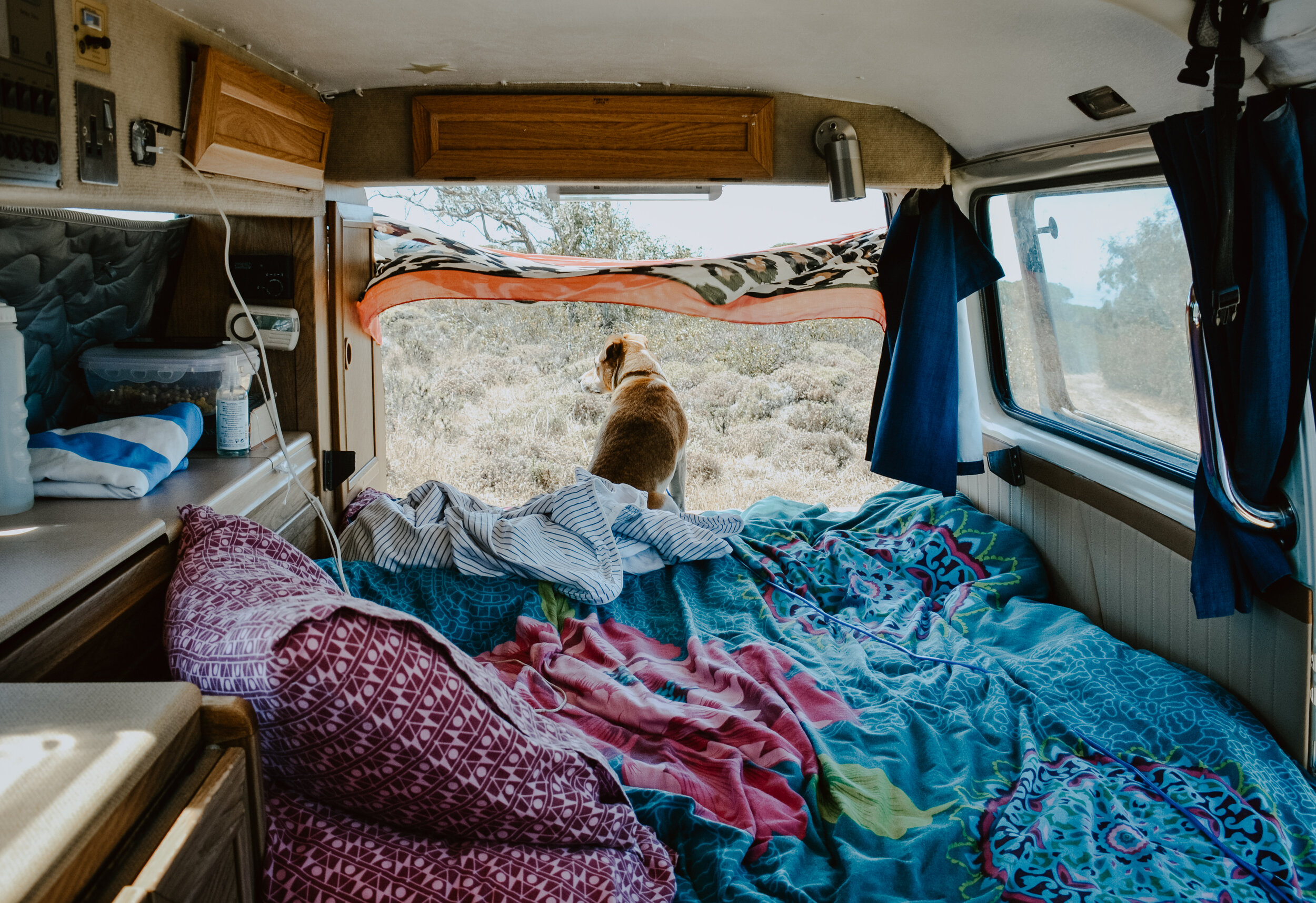7 Ways to Stop Feeling Lonely
I was devastatingly lonely.
I was lonely when I got home from a long day at work. I was lonely when I was laughing, surrounded by friends. I was just overwhelmingly lonely.
Then when I moved into the campervan I began to spend more time outside and for the first time in years my mental health improved.
I’m not alone in my loneliness. A study by the British Red Cross revealed over 9 million people, more than the population of London, in the UK are either always or often lonely.
The trouble is that loneliness doesn’t just make you feel terrible – it is also terrible for you. Loneliness is as bad for you as smoking 15 cigarettes a day, and increases the likelihood of an early death by 26%.
It has become such a problem in the UK that Theresa May launched a national loneliness strategy in October, with a £11.5m fund to tackle the epidemic of loneliness. We now have a Minister of Loneliness, Tracey Crouch. Although, she may have resigned by now. I can’t keep up with all the Brexit exits…
So how do we stop feeling so lonely?
Here are seven ways that helped me to stop feeling so lonely.
Understand why your are lonely
It is important to know and understand that being alone is not necessarily loneliness. You can feel lonely in a relationship, or surrounded by friends and family.
As a first step, it is helpful to recognise why you are lonely. Gretchen Rubin, the author of the Happiness Project, theorises there are 7 different types of loneliness;
1. New-situation-loneliness
You have moved to a new city where you don’t know anyone, or have started a new job or school full of unfamiliar faces. You’re lonely.
2. I’m-different loneliness
You feel different from other people in an important way that makes you feel isolated.
3. No-sweetheart loneliness
Even if you have lots of family and friends, you feel lonely because you don’t have the intimate attachment of a romantic partner. Or maybe you do have a partner, but you don’t feel a deep connection to that person.
4. No-animal loneliness
Many people have a deep need to connect with animals and feel like something important is missing if they don’t have a dog or cat (or less conveniently, a horse) in their lives.
5. No-time-for-me loneliness
Sometimes you’re surrounded by people who seem friendly enough, but they don’t want to make the jump from friendly to friends. Maybe they’re too busy with their own lives, or they have lots of friends already, so while you’d like a deeper connection, they don’t seem interested.
This tends to happen when you reach a certain age as your existing social circle can enter a new phase such as, busy careers or starting a family, that means they no longer have time for the things you all used to do.
6. Untrustworthy-friends loneliness
Sometimes you doubt whether your friends are truly well-intentioned, kind, and helpful. You’re “friends” with people but don’t quite trust them.
7. Quiet-presence loneliness
Sometimes, you may feel lonely because you miss having someone else’s quiet presence. You may have an active social circle at work, or have plenty of friends and family, but you miss having someone to hang out with at home — whether that would mean living with a roommate, a family member, or a sweetheart. Just someone who’s fixing a cup of coffee in the next room, or reading on the sofa.
I would, personally, add an eighth type of loneliness;
8. I-don’t-like-myself loneliness
Your diary is so full there is not a second where you are alone and on the rare occasions when you are by yourself, you become an absolute wreck.
This is the hardest one to fix, but it is the most transformative one when you do. Trust me.
2. Find a purpose
Now you know why you are lonely, it is time to put things in place so you can overcome feeling lonely. Finding a purpose is probably the most important step to combating loneliness because it comes from within, is independent of other people, and can not be taken away from you. Finding a purpose is your super power.
It is also based on science. Steve Cole, a Professor of Medicine at UCLA, studies how chronic loneliness affects our biology. His findings suggest that having a sense of meaning in your life can protect against some of the harmful effects of feeling lonely.
It can take awhile to find something you are truly passionate about so don’t beat yourself up if it’s not something you know immediately. It’s an opportunity to experiment with new things while you connect with what drives you.
I nurtured my purpose - mental health, travel and nature - for years and it keeps me driven on those lonely days in the van.
3. Care for others
I was incredibly lonely when I had to move back with my parents to save money. Their elderly neighbour had just placed her husband in a care home so when I spotted her outside one morning I asked her if she fancied a glass of wine and a chat later. It was the best Friday night I had in ages. We both felt so good for having each others company, it became a regular date night.
Studies have shown there are multiple mental health benefits to volunteering, including reducing symptoms of stress, depression and even, blood pressure.
Volunteer with a local charity or do what I did, help someone within your community.
4. Connect with other people (to state the obvious)
Lonely people often have lower levels of self-esteem, as well as higher levels of social comparison and social anxiety. It’s with little surprise that people become trapped in a vicious cycle of feeling lonely, then being unable to connect with others.
Online communities are a wonderful first step to breaking this cycle. I found Instagram a brilliant, collaborative space. Facebook groups such as, Women in Campervans, are a brilliant for meeting like- minded people. I also used the app, Meet Up, to join groups and make friends.
AgeUK have a fantastic free telephone befriending service for the over 60s.
Don’t be afraid to reach out to friends and family with a quick text, phone call or my personal favourite, FaceTime. There is nothing shameful about feeling lonely. It is a natural part of the human condition and it is amazing how restorative a quick chat with someone who you know, and who knows you, can be.
5. Get creative
Unleash your imagination and discover the creative side of you. I’m not artistic or particularly talented with my hands, but I love writing. I keep a journal. I write a blog. I’m writing a book. I sometimes just simply write for writings sake. For you it might be sketching, painting, woodwork, cooking, baking, sewing, graphic design. Whatever it is, do it. Do it a lot.
6. Connect with nature
Hiking has been absolutely revolutionary for me. I have never felt more alive, more connected with the world around me, than when I’m walking. I enjoy the solitude. I find it restorative, inspiring and empowering.
I used to find “go for a walk” advice infuriating but there is so much evidence of the benefits of being outside, from improving short-term memory, reducing the stress hormone cortisol, lower blood pressure, improved ability to focus, to alleviating symptoms of depression and anxiety.
If you can, get outside. Read a book outside, have lunch outside, just get outside.
7. Become your own best friend.
Do you struggle with the I-don’t-like-myself loneliness? Yeah. 7 years ago. Me too.
I couldn't bear to spend a minute alone so I drowned in a pit of parties, bars, false friendships, toxic relationships, and all consuming jobs. Then I found myself living alone. I had to spend time with me. I didn’t like me and inevitably fell into the abyss.
How did I claw my way out of that black hole and change things?
I became my own best friend. I was kind. I was gentle. I was non-judgemental. I was trusting. I was patient. I was open-minded. I would listen. I would take my own advice. I would be brutally honest, yet unquestionably supportive. I became my own cheerleader. I became curious. I wanted to know the ‘why’ behind our thoughts and actions. I became someone I would want to be best friends with.
I’m not going to lie to you; it took a helluva long time to get that to place but once I did, living alone and travelling alone wasn’t scary at all. It was the most natural, wonderful thing I could ever have done for my best friend, me.




